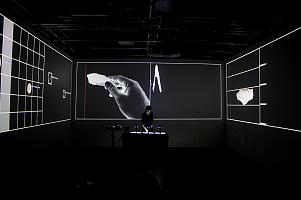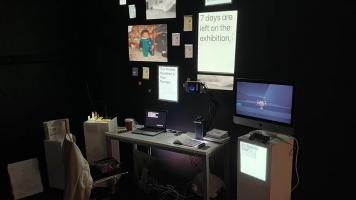Course information
Department
Length
3 years full-time or 4-6 years part-time
Course overview
Our MPhil/PhD programme in computer science offers you the opportunity to participate fully in the highly interdisciplinary research environment of our department and of the College as a whole.
We currently offer MPhil/PhD supervision in many areas of computing, including:
- computational creativity
- computer vision and audition
- interactions between art, media and technology
- adaptive hypermedia systems
- artificial intelligence
We aim for all our students to produce innovative ideas and to develop those ideas into fully-fledged research results and software and hardware systems, working within the creative atmosphere of our department.
- We welcome outstanding applications to study and perform research in any aspect of computer science, and strongly encourage you to contact members of staff with overlapping research interests to discuss your research proposal in the first instance; if you are unsure who to talk to, please contact the Postgraduate Tutor listed below with a description of your interests
- We provide you with office space and computer equipment along with access to computer labs and other facilities, in addition to resources and facilities made available by the College and support provided by the Research Office
- The department and the College provide training in research methods and in technical skills; we have a number of regular research meetings and seminars, from formal lectures to more informal workshops and discussion groups, and you are encouraged to present your work to the department at least once a year. There are also opportunities for you to participate in the teaching activities of the department
- Assessment will be by written thesis (up to 100,000 words) and viva voce
- Find out more about research degrees at Goldsmiths.
Contact the department
If you have specific questions about the degree, contact Akshi Kumar.





